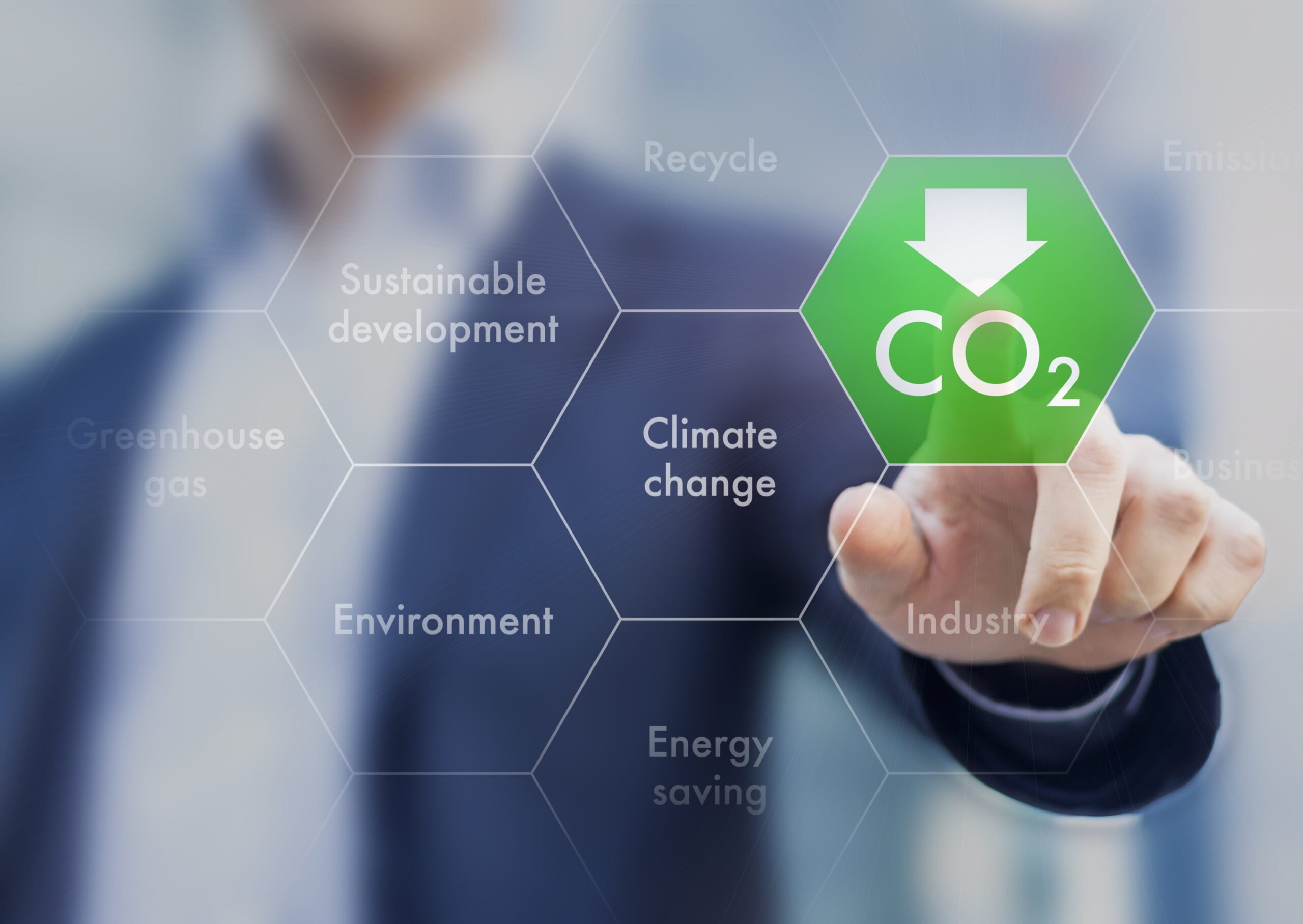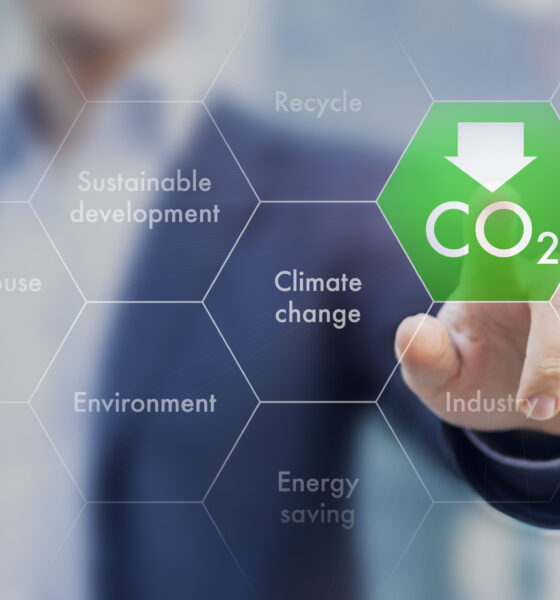

Environment
3 Gas Storage Precautions to Minimize Environmental Hazards
Gas cylinders are safe as long as they are handled properly. Unfortunately, some organizations don’t follow proper safety guidelines, which creates a variety of risks. The average gas cylinder contains around 2500 pounds of pressure per square inch, which can cause explosions, leaks and other safety hazards.
If they aren’t handled and stored carefully or are exposed to excessive heat or electricity, they could also rupture.
In 1995, the EPA identified 23 sites where gasoline had spilled. In future years, the list of sites with gasoline contamination increased. The Center for Disease Control warned that these leaks presented a severe threat to the environment and surrounding communities.
Dangers of gasoline spills
Gasoline can cause any number of problems if problems if it spills. It can cause skin burns if people come into contact with it. Gasoline is also shown to contain numerous carcinogens, which can cause serious long-term health problems.
However, the two biggest dangers are the risk of groundwater contamination and combustion. A gallon of gasoline fumes is combustible enough to destroy a city block if exposed to flames. After a gasoline explosion, the fumes can spread miles and contaminate the environment.
It can be very difficult to prevent gasoline from seeping into groundwater after a spill. Once this occurs, it can be very difficult to contain. The widespread damage to the environment and the health risks to neighboring cities will be severe.
The good news is that gasoline spills are pretty rare, especially when the right precautions are taken. Experts from Flogas, a company that offers gas mains for businesses, have been kind enough to share some of their tips with us. They also have a guide on gas cylinder storage safety on their website. We also found guidance from academic websites on the topic, which can help you know what precautions to take to avoid gas spills and combustion.
Minimizing the risks of gasoline contamination and combustion
While the rest of gasoline spills can be severe, there are a number of common sense measures that can prevent them. Here are some general safety tips to keep in mind.
Store gasoline cylinders in an upright position
The risk of gasoline spills significantly increases when they are stored on their side. Even if the storage unit is tightly secured, small leaks can create large spills over extended time intervals. Due to their positioning, the cylinders will also be more susceptible to damage is that can cause leaks.
These risks will be significantly reduced by positioning the cylinders upright and carefully securing them with chains.
Keep gasoline cylinders away from flames and other storage units
The risk of gasoline cylinders rupturing is significantly higher if they are stored near an open flame. This is obviously very dangerous, but it is surprising how many people make this mistake. Storing gas cylinders near cylinders that store oxygen and other hazardous materials can also be risky. If those units leak, they can contaminate the gas cylinder and cause it to rupture.
These gas cylinders should be stored at least 20 feet away from flames or other storage units.
Be cautious exposing the cylinder to welding and circuitry
The University of Vermont has addressed some of the risks of welding and exposing gas cylinders to electric circuitry. The authors warn that these risks must be avoided at all costs.
“Arcing damage from welding operations can result in a heat rise sufficient enougharc damaged cylinder to cause a pressure explosion or the pressure relief device to activate. When this occurs on a fuel gas cylinder, such as acetylene, it can cause rapid dissociation within the cylinder resulting in greater destruction and/or injuries. This occurs most frequently on argon, carbon dioxide, helium, and inert mixture cylinders used in heliarc welding when the torch is left dangling on top of the cylinder. For this to happen, the cylinder must be part of the electrical circuit connecting the work to the welding machine”


 Environment12 months ago
Environment12 months agoAre Polymer Banknotes: an Eco-Friendly Trend or a Groundswell?

 Features11 months ago
Features11 months agoEco-Friendly Cryptocurrencies: Sustainable Investment Choices

 Features12 months ago
Features12 months agoEco-Friendly Crypto Traders Must Find the Right Exchange

 Energy11 months ago
Energy11 months agoThe Growing Role of Solar Panels in Ireland’s Energy Future


















